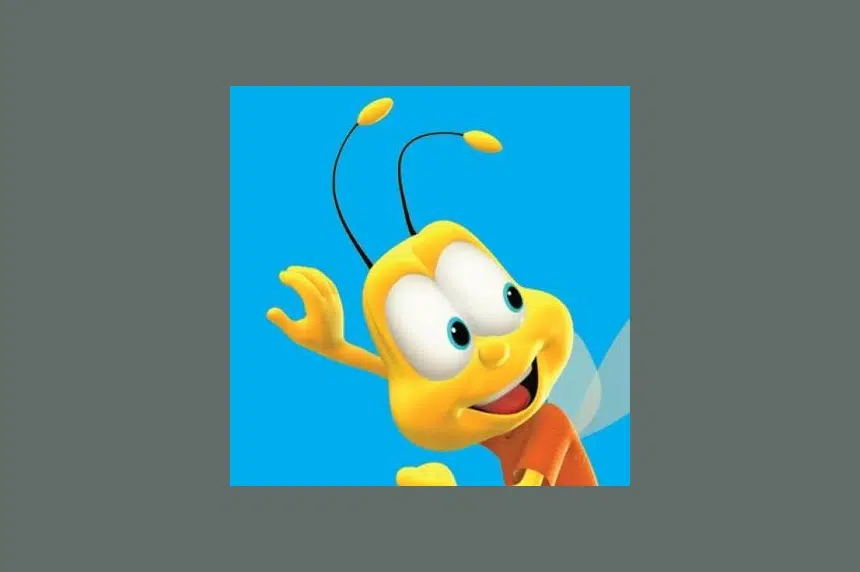It’s hard out here for a bee.
So hard in fact that cereal maker General Mills has acknowleged the plight of the world’s bees by temporarily pulling its Buzz the Bee mascot off of boxes of Honey Nut Cheerios.
The initiative is set to last for six weeks, with people also being encouraged to plant wildflowers as a way to increase bee populations.
Albert Robertson is head of the Saskatraz bee-breeding program near Foam Lake. He said bees face a number of pressures which have caused many colonies to die off around the globe.
He said exposures to pesticides and herbicides take their toll, but one of the biggest concerns is parasitic varroa mites. Robertson said the mites first started infecting Canadian bees in the ’90s with devastating results.
“It has resulted in over-wintering being more of a problem. Higher winter losses, dwindling colonies,” he said.
Robertson said various chemical miticides have proven effective, but beekeepers are starting to run out of options as the mites develop resistance.
The Saskatraz project is attempting to breed hardier bees using natural selection to encourage mite resistance.
Roberston said there are other scientists working on the issue around the world — and the stakes are high. He estimated that the pollination provided by honey bees on fruit and vegetable crops is worth in excess of $50 billion in the U.S. alone.
He said bees pollinate a wide array of food crops used by humans including citrus fruits, stone fruits, tree nuts and vegetables like onions and parsnips.
Robertson said bees also have a role to play in meat production as they pollinate common cattle forages like clover and alfalfa.
As to General Mills’ campaign, Robertson said he was pleased to have attention brought to the issue. He said that, if anything, he wished the issue had had a higher profile sooner.







